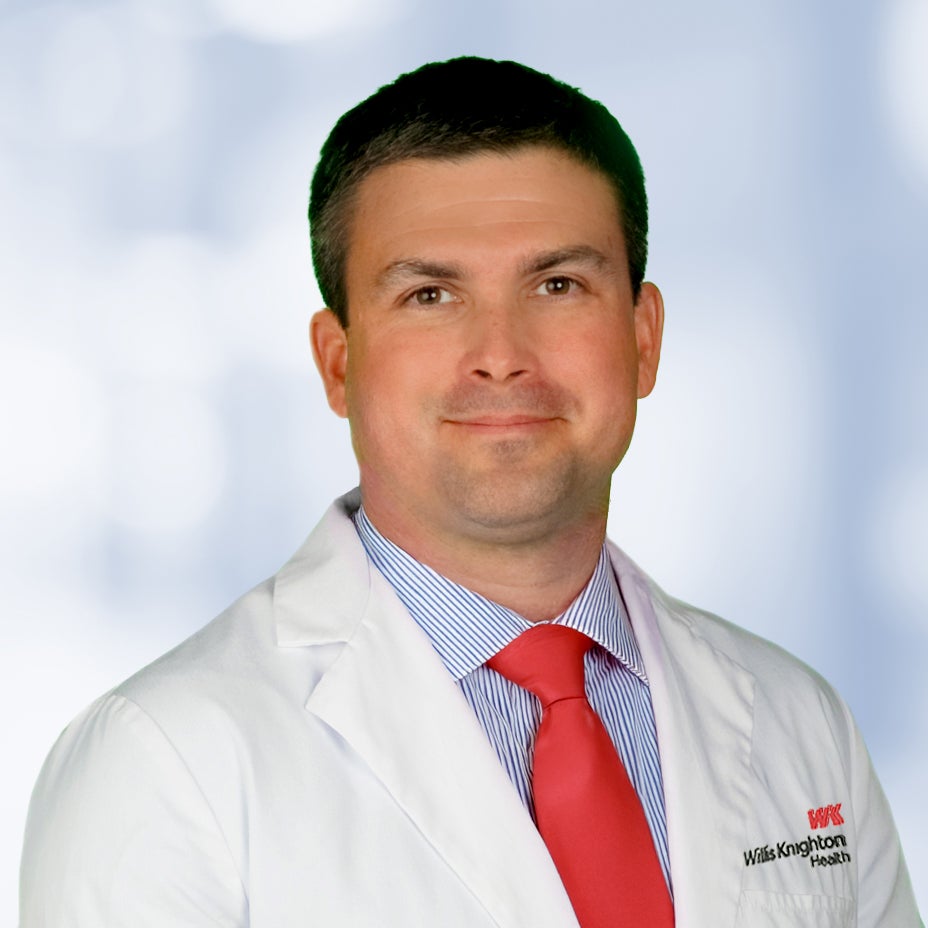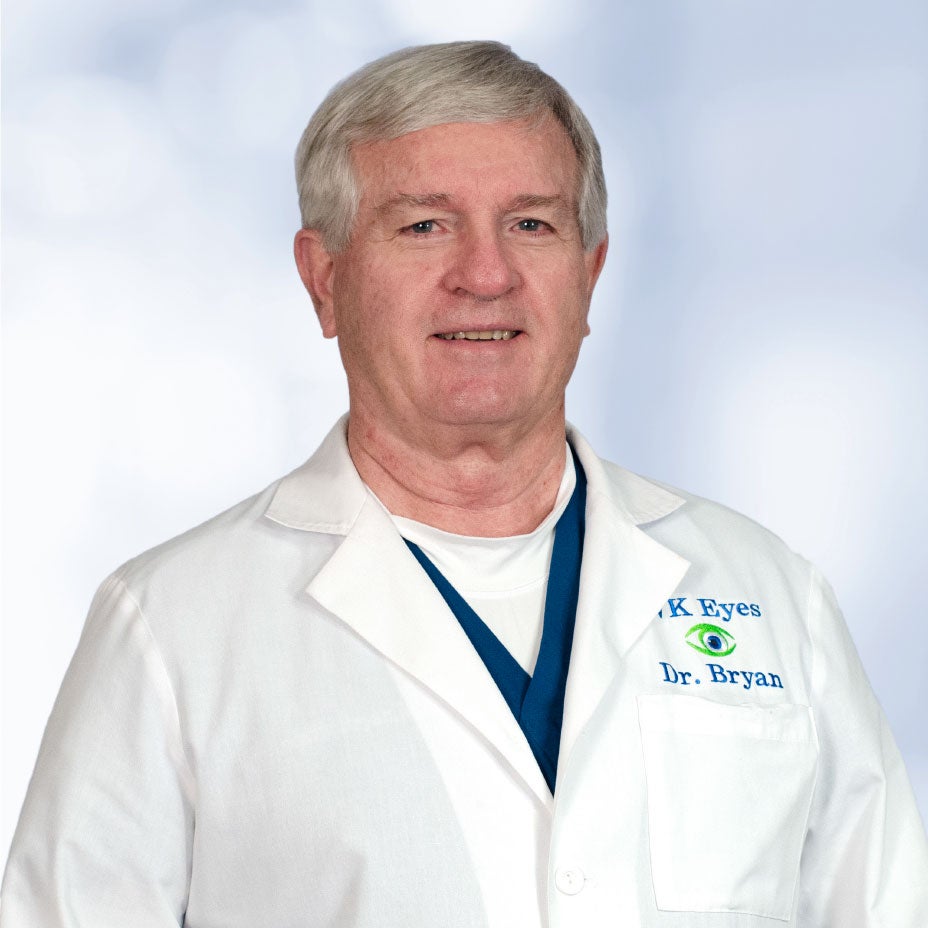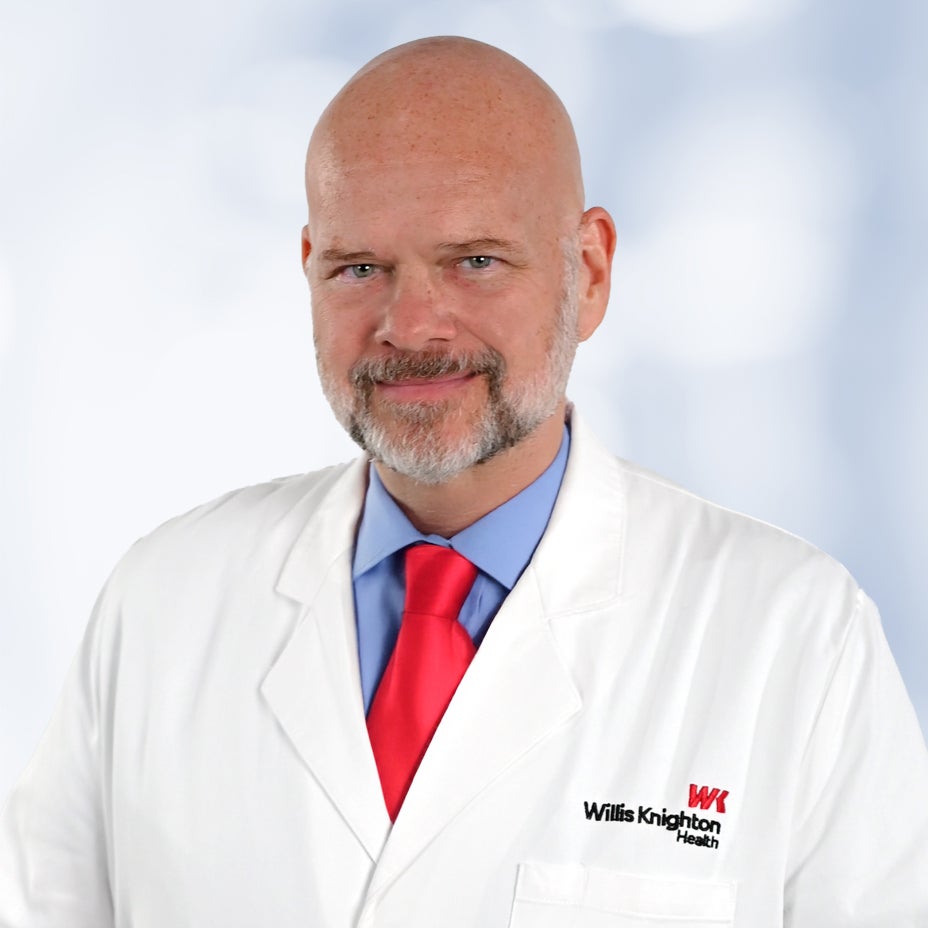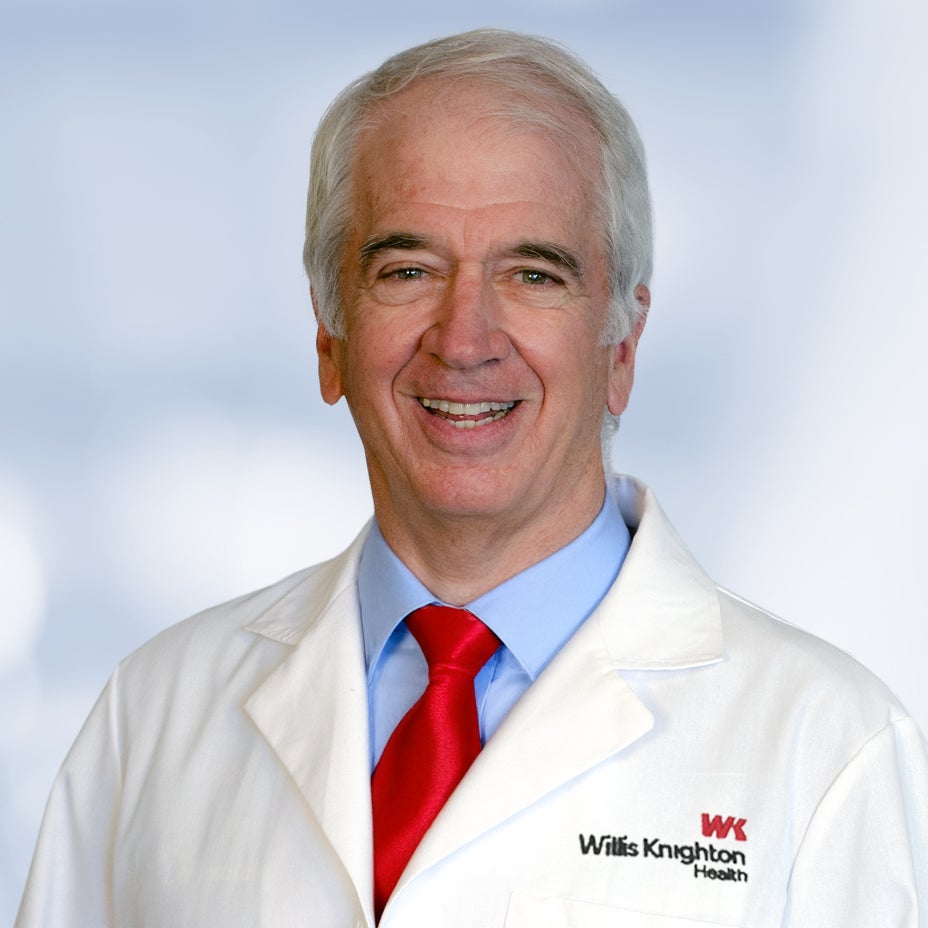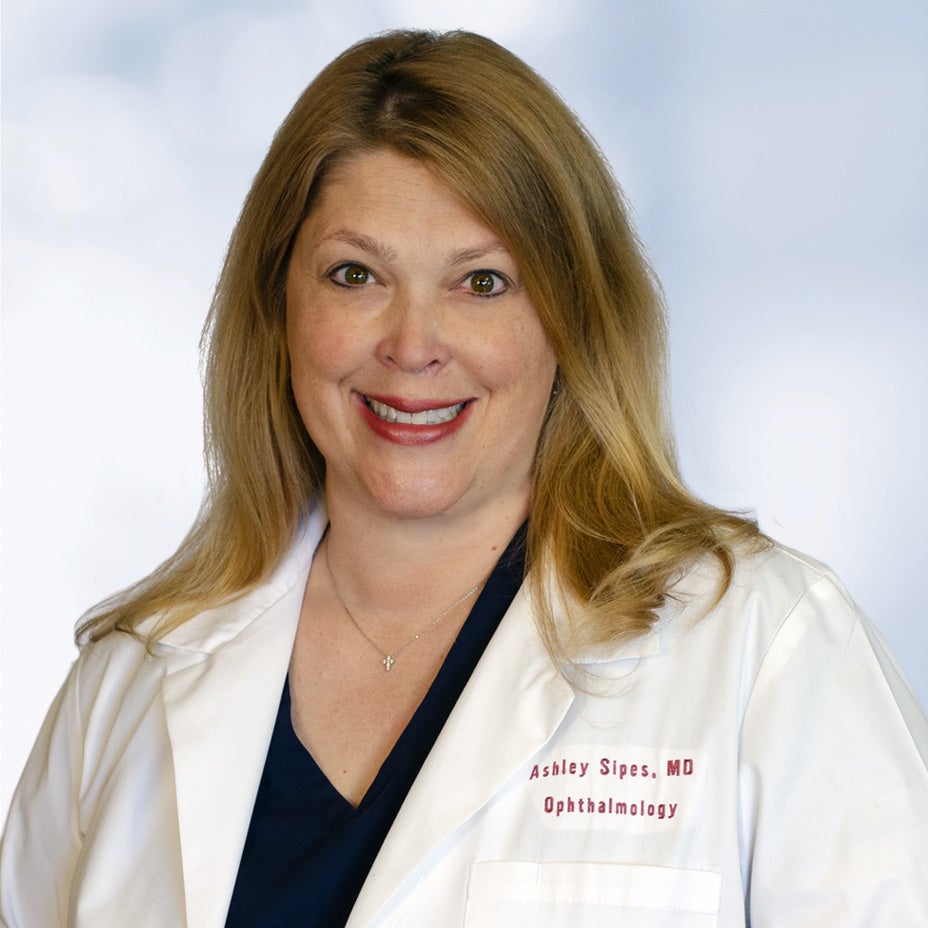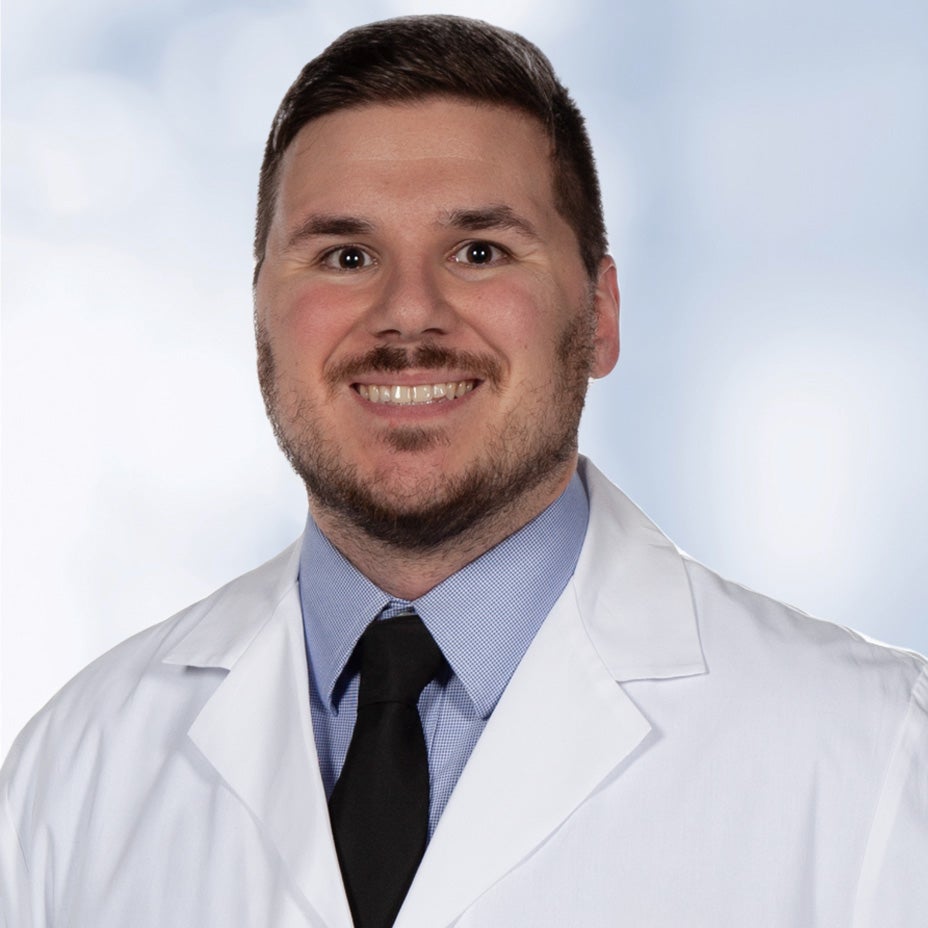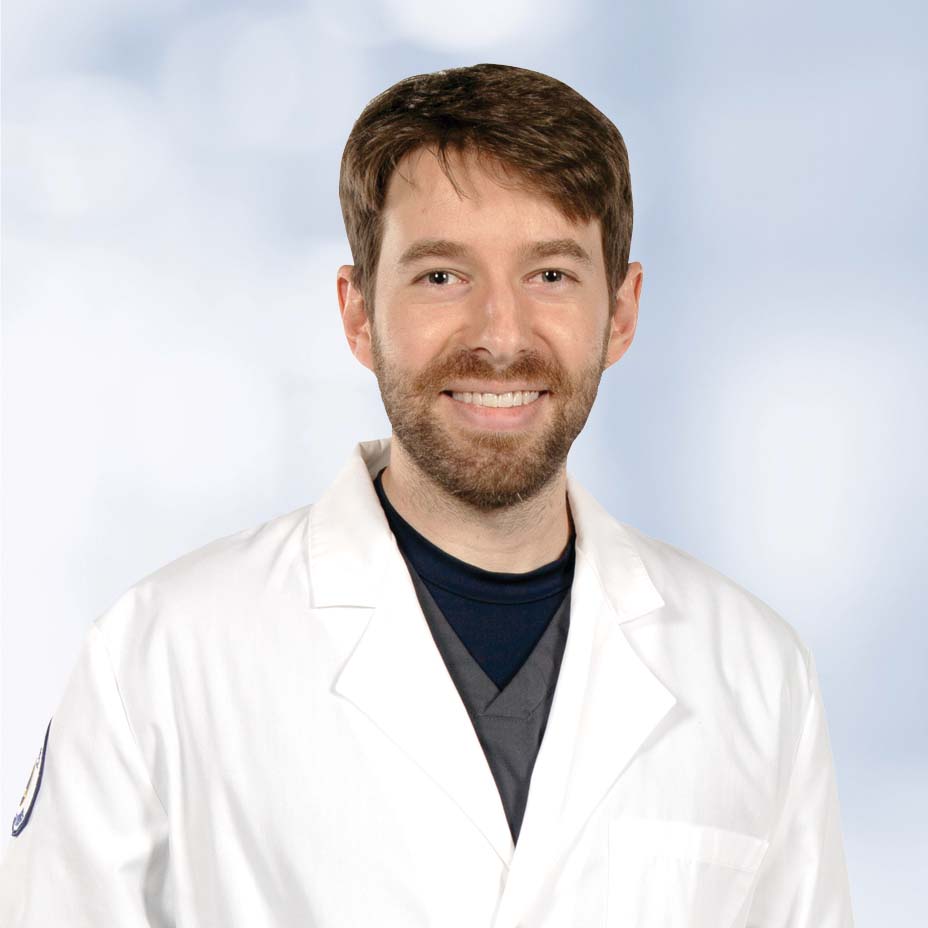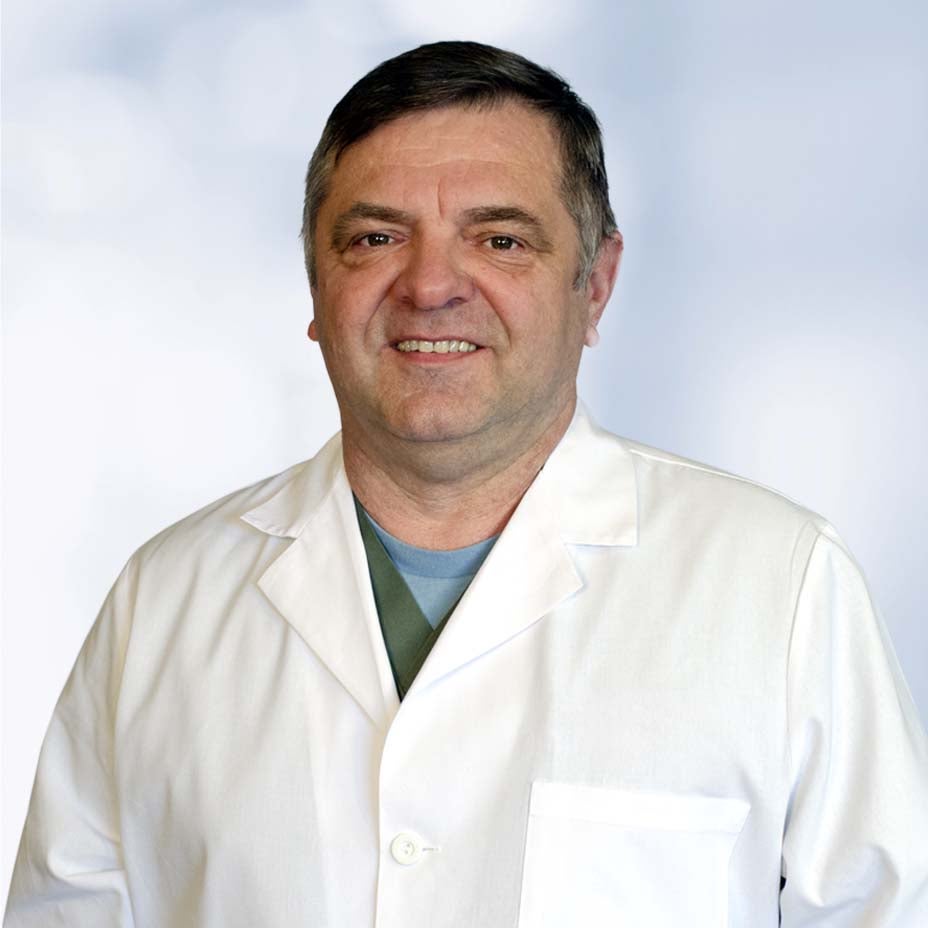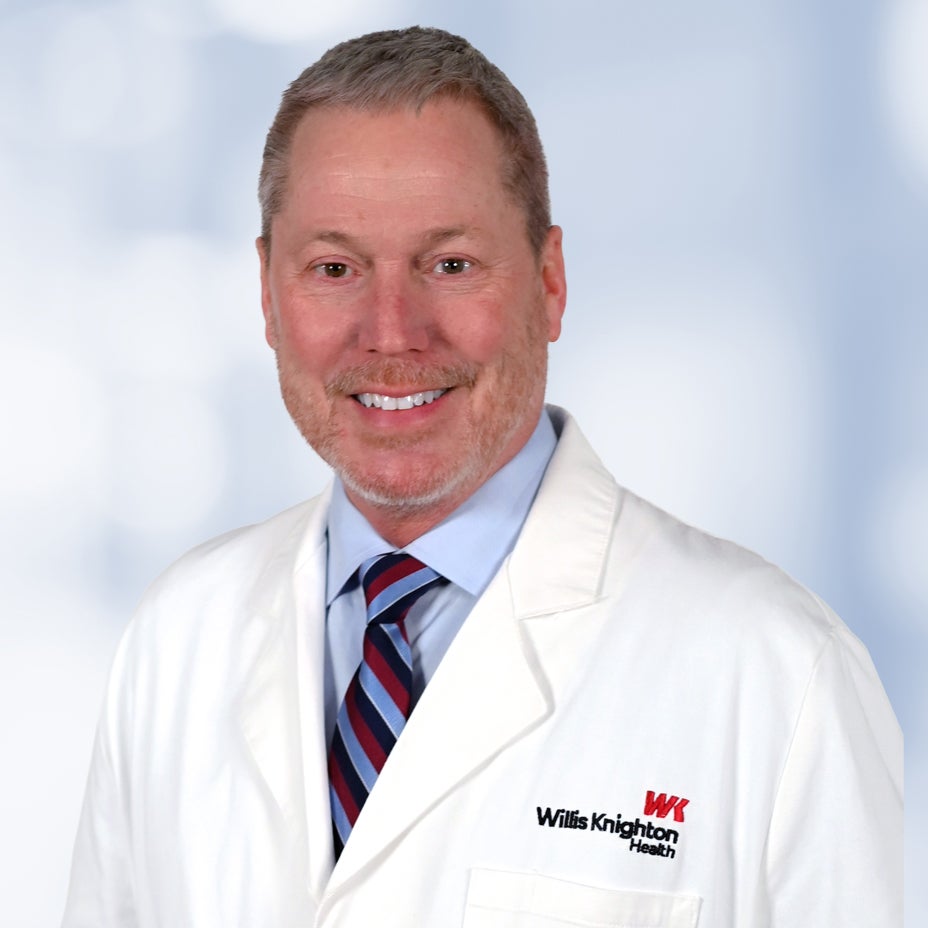Macular Degeneration or Age Related Macular Degeneration (ARMD)
Macular degeneration has two forms. The most common form is called “dry” and the other more severe and visually-limiting form is referred to as “wet.” Macular degeneration is the loss of sharp central vision.
If you have this condition, you will not go blind. The severity and the type of macular degeneration you have determines how much central vision loss you will experience. Your eye doctor may give you a take home test to help you track your condition.
Studies have shown that lifestyle may also affect the development and/or progression of macular degeneration. Changes you should make in your lifestyle include:
- healthy diet with dark green leafy vegetables
- cholesterol under control
- minimal alcohol consumption
- no smoking
- take a multivitamin daily
If you need to be on a special eye vitamin your eye doctor will advise you.
If you have the "wet" form of macular degeneration your eye doctor will refer you to a retina specialist for treatment.
Willis Knighton Eye Institute now offers Telescopic Surgery for Macular Degeneration
The Vision Care Implantable Miniature Telescope (by Dr. Isaac Lipshitz) offers new hope to patients with the most advanced form of age related macular degeneration (AMD). Christopher Shelby, MD, ophthalmologist with Willis Knighton Eye Institute, was the first surgeon in our region to offer this new technology. The FDA-approved implant is used as part of the CentraSight™ treatment program for age-related macular degeneration in people who are 65 and older and who have a cataract in at least one eye.
Learn more about Telescopic Surgery for Macular Degeneration
The following providers at Willis Knighton Eye Institute treat Macular Degeneration or Age Related Macular Degeneration (ARMD):
Copyright © 2026 Willis Knighton Eye Institute. All rights reserved.


